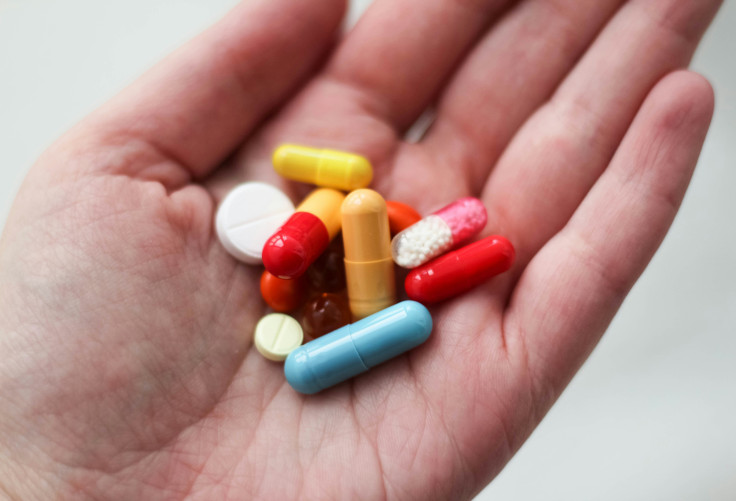Omeprazole NHS Warning: Hidden Dangers Exposed as Millions Risk Severe Side Effects from Long-Term Use
Medical experts warn prolonged use may trigger serious health complications

The National Health Service (NHS) has issued a stark warning over the widespread use of omeprazole, one of the most common treatments for heartburn and acid reflux, amid fears that millions of people may be unknowingly putting their health at risk. Experts say that increasing numbers are self-medicating with the drug for extended periods, often without realising that long-term use can carry serious consequences.
According to health officials, prolonged reliance on omeprazole has been linked to kidney disease, nutrient deficiencies, and a higher risk of gut infections.
The health agency is urging anyone who has been taking the medication for more than two weeks without medical advice to consult their doctor, stressing that what may seem like a simple remedy could bring hidden dangers if not properly monitored.
What is Omeprazole and Why Is It So Widely Used?
Omeprazole is a proton pump inhibitor (PPI) used to reduce stomach acid and treat conditions such as acid reflux, gastro-oesophageal reflux disease (GORD), and stomach ulcers. It is available on prescription and as an over-the-counter product in the UK and US under brand names including Prilosec.
Due to its effectiveness, omeprazole has become one of the most commonly used medicines worldwide. Millions rely on it for quick relief from heartburn and indigestion. However, the NHS warns that prolonged use without supervision may mask underlying conditions, such as stomach infections or ulcers, and increase the risk of side effects.
NHS Issues New Warning on Long-Term Use
According to the Mirror, the NHS reminded users that omeprazole should not be taken for more than 14 days without medical consultation. Officials caution that self-medicating for extended periods could lead to complications and may delay diagnosis of more serious health issues.
The NHS has urged people whose symptoms persist to seek professional advice rather than continue taking PPIs indefinitely. The warning follows a series of studies highlighting possible long-term safety concerns linked to omeprazole and similar acid-suppressing drugs.
Known Side Effects and Safety Concerns
Medical research has identified several potential health risks associated with long-term omeprazole use. These include:
- Kidney problems: Studies have linked extended PPI use with a higher risk of chronic kidney disease and acute kidney injury.
- Infections: Reduced stomach acid can make users more susceptible to infections such as Clostridioides difficile, which causes severe diarrhoea.
- Nutrient deficiencies: Long-term use may lead to vitamin B12 deficiency and magnesium imbalance, affecting overall health.
- Bone fractures: The Food and Drug Administration (FDA) has previously warned that long-term PPI use may increase the risk of hip, wrist, and spine fractures.
While short-term use is generally safe, experts agree that prolonged self-medication without medical review poses significant safety risks.
Expert Reactions and Medical Advice
Healthcare professionals have supported the NHS warning, highlighting a growing concern that many patients continue proton pump inhibitor (PPI) therapy for years without regular review. Medical experts say that while omeprazole is effective for short-term relief, long-term use should always be supervised by a GP to avoid potential side effects.
The British Medical Journal has previously called for 'deprescribing strategies' to help reduce unnecessary long-term use of PPIs and prevent associated adverse effects. Clinical guidelines emphasise the importance of reviewing medication regularly to ensure it is still required and remains safe for the patient.
Doctors also recommend lifestyle changes to manage heartburn and acid reflux before resorting to prolonged medication. These include reducing spicy or fatty foods, maintaining a healthy weight, eating smaller meals, and limiting alcohol, caffeine, and smoking.
Global Attention and US Comparison
The 'omeprazole NHS warning' has gone viral online, with search interest rising sharply in both the UK and the US.
According to the same report by the Mirror, the warning is now being shared broadly across social media platforms, elevating public concern. Although the US Food and Drug Administration has not issued a similar public alert, it has acknowledged safety concerns and advised patients to follow recommended treatment durations.
Health analysts say the growing attention highlights a global issue: widespread self-medication and misuse of over-the-counter drugs without professional guidance.
© Copyright IBTimes 2025. All rights reserved.





















